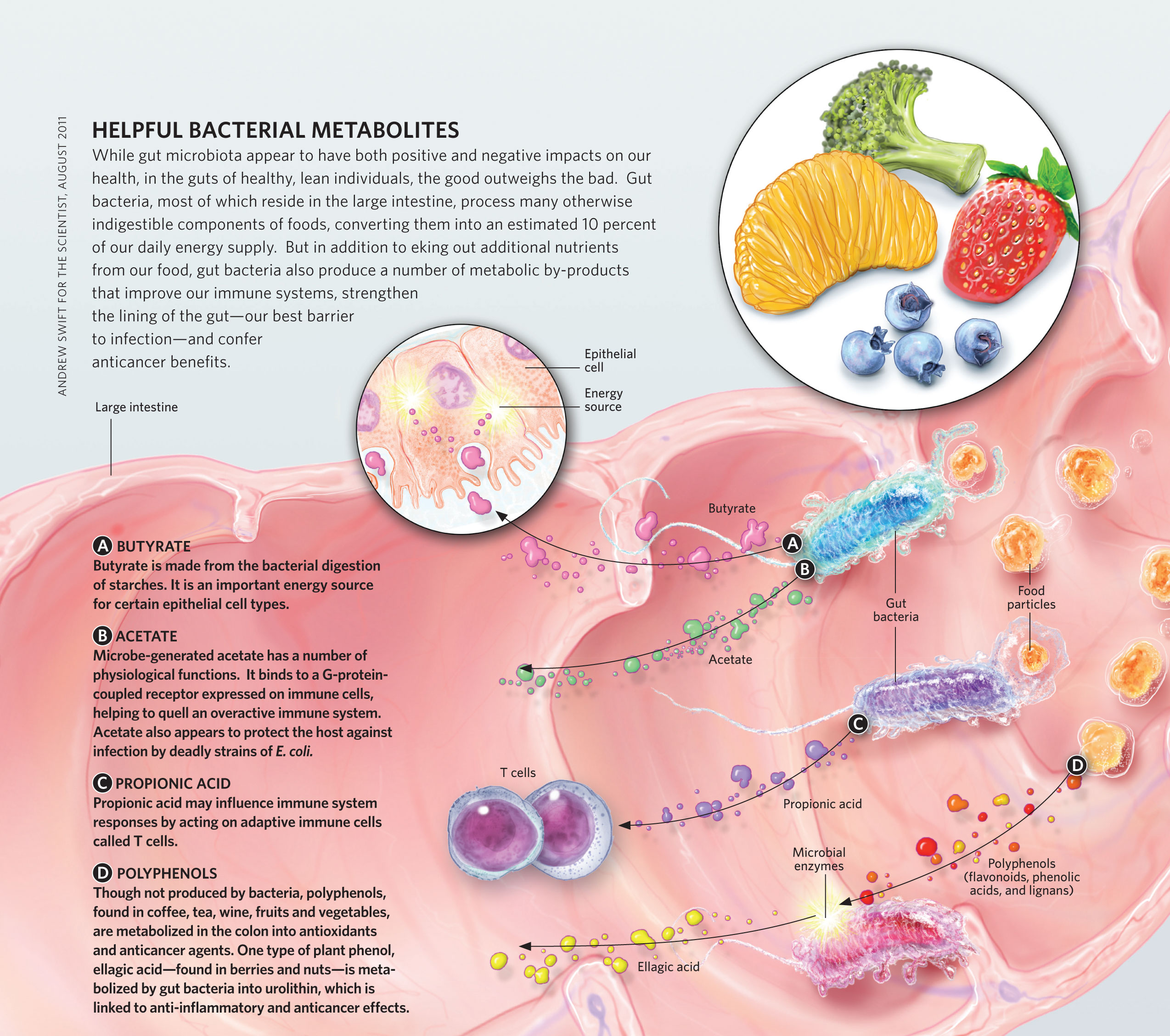 The Scientist | Like many great political alliances, symbiotic relationships in biology may have started with antagonism, before the two parties reached mutual understanding—at least according to some evolutionary biologists. The often cited example is the mitochondrion, the eukaryotic cell’s energy-supplying organelle, which may have first existed as a prokaryote. As the story goes, this prokaryote was engulfed by a second cell, and the two eventually formed such a close symbiotic alliance that one could not live without the other. This mutual dependence, however, formed over many millennia.
The Scientist | Like many great political alliances, symbiotic relationships in biology may have started with antagonism, before the two parties reached mutual understanding—at least according to some evolutionary biologists. The often cited example is the mitochondrion, the eukaryotic cell’s energy-supplying organelle, which may have first existed as a prokaryote. As the story goes, this prokaryote was engulfed by a second cell, and the two eventually formed such a close symbiotic alliance that one could not live without the other. This mutual dependence, however, formed over many millennia.
Our own symbionts, the microbes that reside throughout our bodies, primarily in our guts, have a more independent—some might say downright rocky—relationship with us, their hosts.
Although gut bacteria have long been called commensal (in which only one party derives benefit, but neither is harmed), it is now clear that we draw many benefits from their colonization of our body, some of them essential to our health. Our relationship with gut bacteria is complicated, however. While involved in metabolizing food into energy, producing micronutrients, and shaping our immune systems, gut microbes are also increasingly being linked to medical conditions including obesity, inflammatory bowel disease, and diabetes. And our understanding of their influence continues to widen: these bacteria may play a critical role in cancer, either protecting us from it, or in some cases, promoting its initiation and progression.


0 comments:
Post a Comment